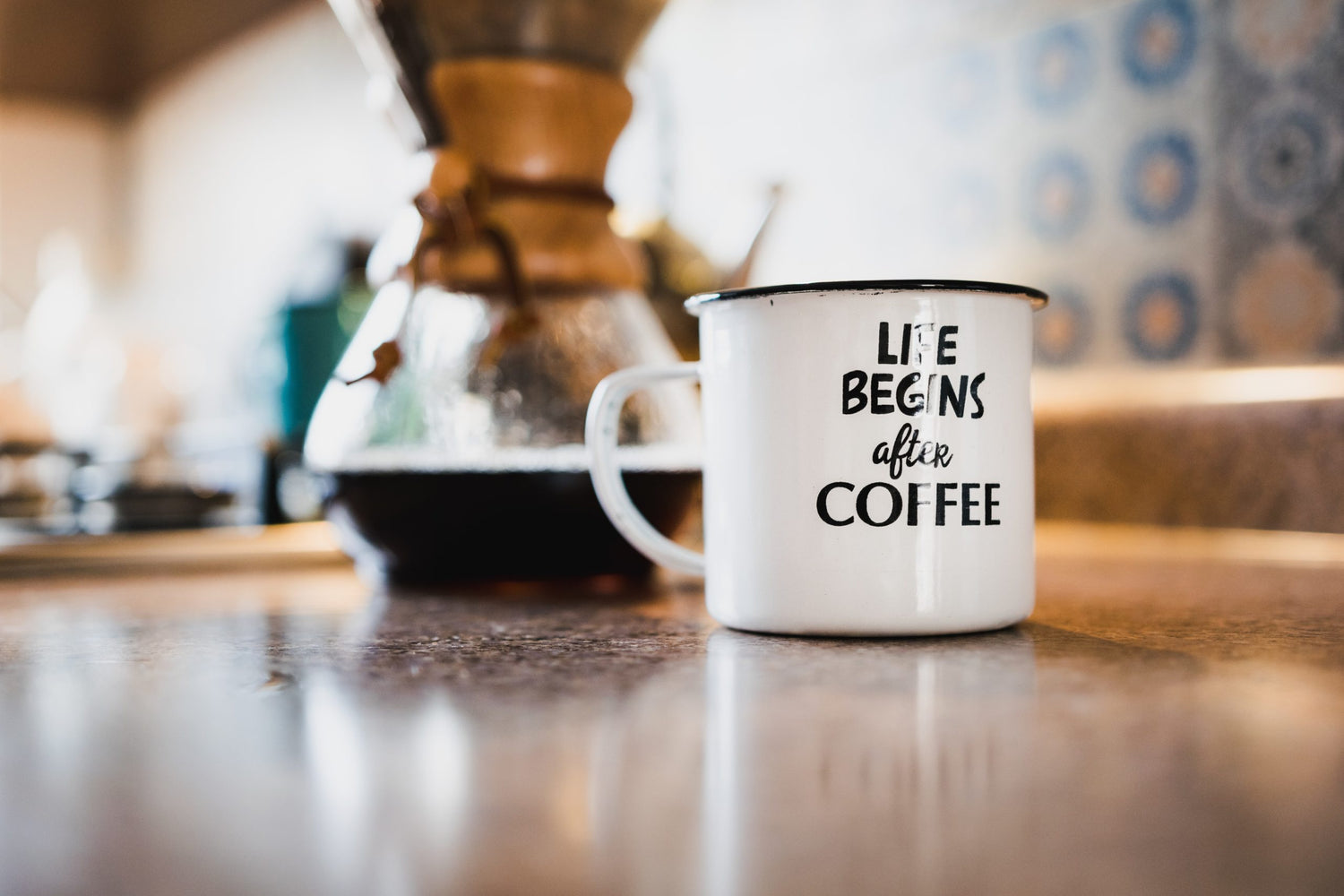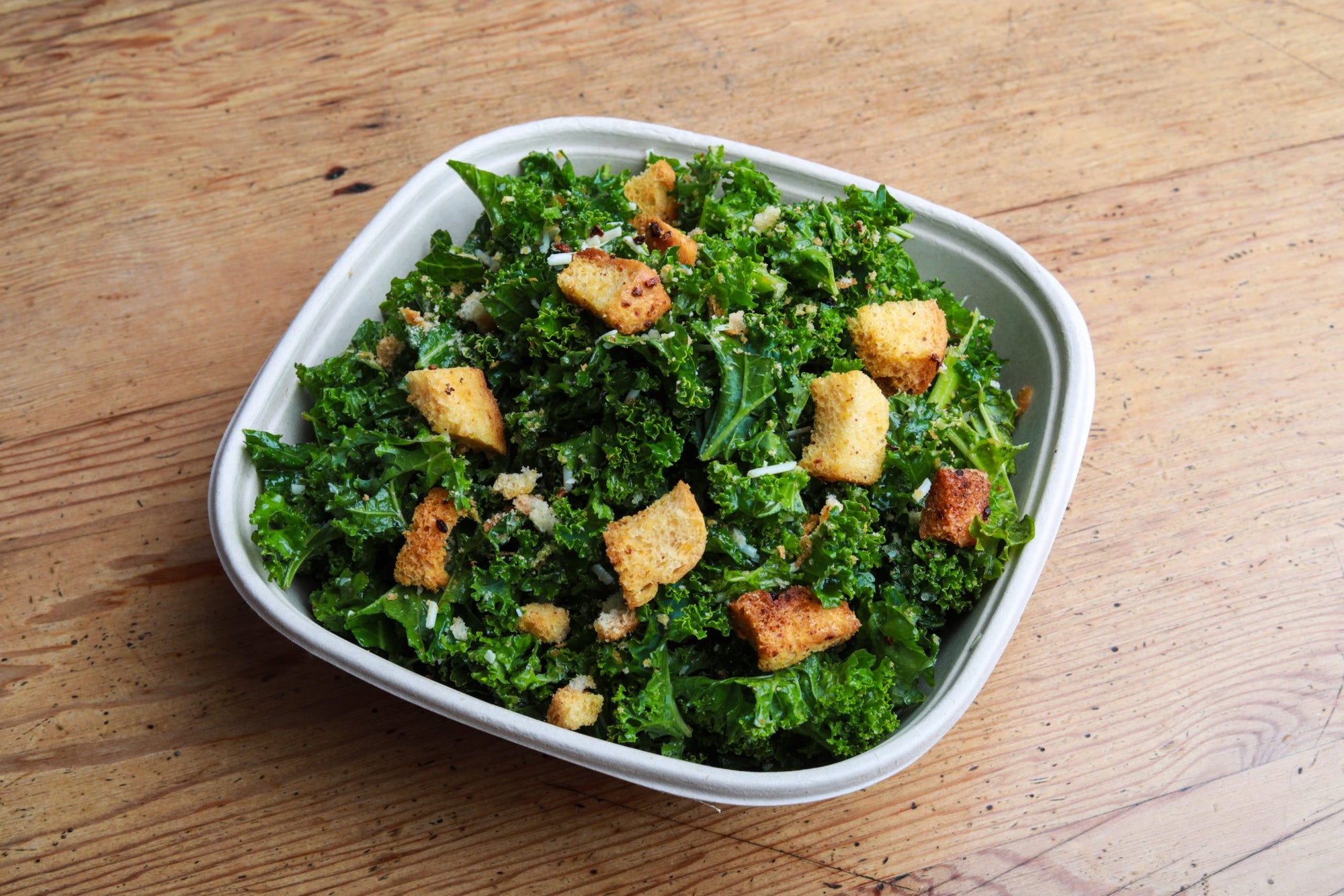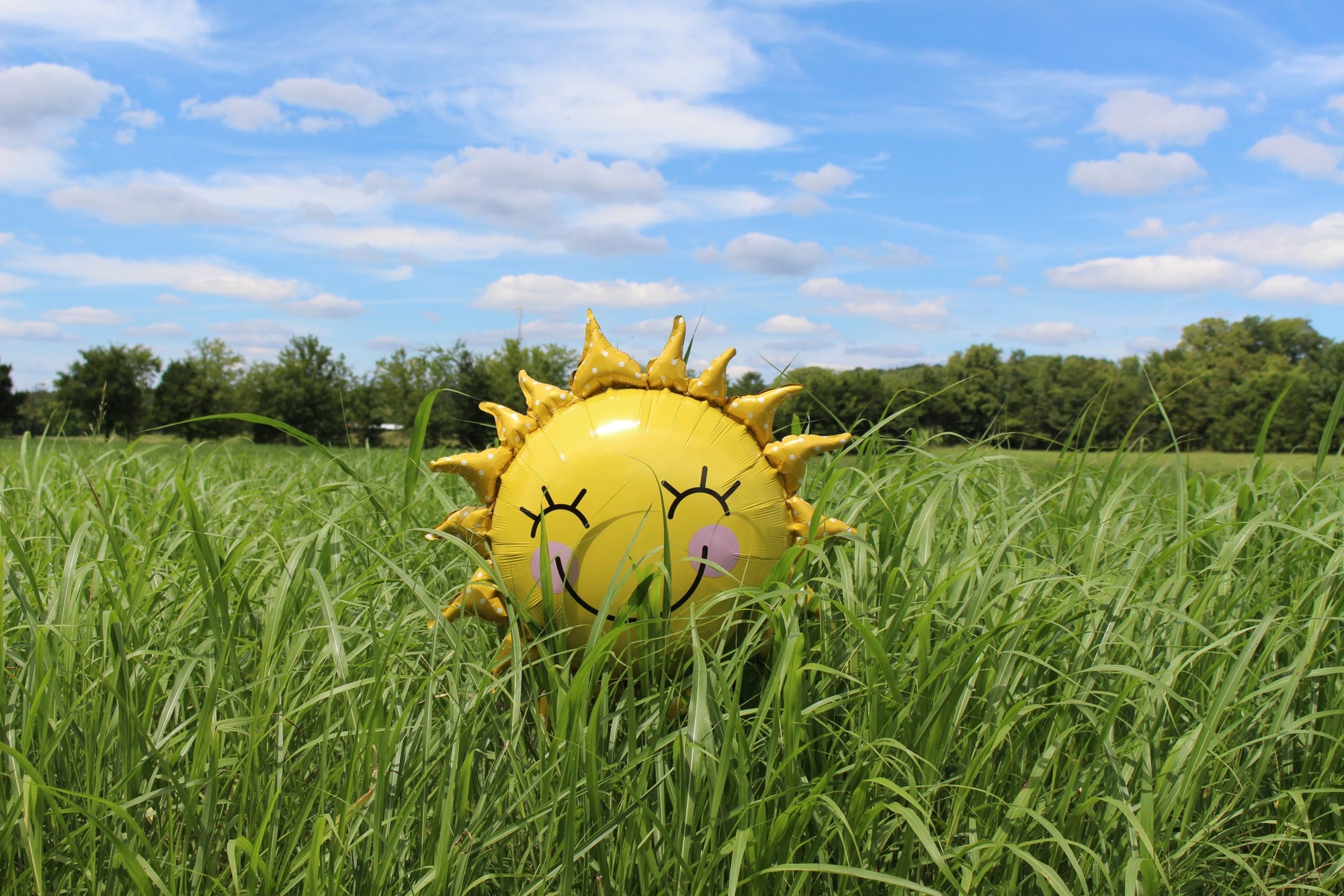Believe it or not, caffeine is the world’s most popular drug. In the UK we drink 120 million cups if tea per day and 90 million cups of coffee a day. And that is before everyone was locked down and working from home.
Caffeine can be mood boosting, improve alertness, aid concentration and can even be useful pre exercise to get us get that heart rate going.
Caffeine induces an initial stage of the stress response that occurs in our bodies and is linked to release of adrenaline and cortisol hormones
When drunk at the right time of day and in the right amount that can be helpful and helps us be more productive or even just feel a bit brighter
However, as is often the case, too much of a good thing can be a bad thing - too much caffeine can increase the effects of our natural stress response leaving us feeling anxious, jittery and unable to switch off.
Caffeine is also addictive so one becomes two becomes three very easily.
While the coffee shops are closed we may naturally be drinking fewer super strong espresso based drinks but it is worth remembering that tea and chocolate are also caffeine sources
How much caffeine is in your favourite brew ( or sweet treat) ?
A mug of tea - 55-140mg caffeine ( depending on how strong you like it!)
A cup of Instant coffee- 54mg (estimate)
A cup of ground/ filter coffee - 105 mg (estimate)
Dark chocolate 50g - up to 50mg
Milk chocolate 50g- up to 25mg
Around 300mg of caffeine per day is what experts suggest should be our limit and don’t forget that some of us are more sensitive to caffeine than others. One persons espresso is another’s weak tea.
Some suggestions if you think your caffeine intake might be leaving you feeling less than great:
Mix it up-looking to alternate between caffeine and caffeine free drinks during the day
Make sure you are drinking enough water as caffeine is dehydrating and also bladder irritating
Avoid caffeine after 1pm if you are struggling to sleep
Dr Clara Russell









